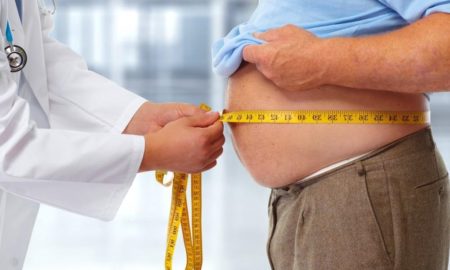According to the latest nutrition survey, almost 171.1 million women and 134.2 million children (under age 5) population are the numbers, suffering from vitamin D deficiency in Pakistan. Whereas symptoms associated with this deficiency are more prevalent in girls and rural women.
Why vitamin D deficiency is prevailing?
Having a vitamin D deficiency becomes easy when a person has a lifestyle comprising of the following habits:
• Not getting enough vitamin D from foods
Although there are very few known food sources of vitamin D, getting it from foods is essential. Foods like egg yolk, fortified foods, fish, and fish oils tend to have a considerable amount of vitamin D in them, thus people who live entirely on a vegan or a vegetarian diet are more likely to get deficient in vitamin D.
• Limited exposure to sunlight
We all know that the Sun is the ultimate source of vitamin D and therefore people, those who don’t get exposed to the Sun, are at a higher risk of developing symptoms associated with vitamin D deficiency.
• Kidney problems
This might be an interesting fact that undoubtedly sunlight is the major source of vitamin D but the vitamin D we obtain from the Sun is actually in its inactive form, and kidneys are responsible for converting vitamin D in to its active form. That is why people who suffer from kidney issues can get severely deficient in vitamin D.
• Malabsorption of vitamin D
We eat food, it gets digested, absorbed, and then the nutrients inside are utilized by our body for different body functions. But when any of the above-mentioned steps are not followed properly, the body can face different nutritional deficiencies. Similarly, there are several health disorders; Crohn’s disease and celiac disease can lead to the malabsorption of vitamin D.
Besides these lifestyle malfunctions, having obesity or a habit of excessive smoking can also initiate symptoms of vitamin D deficiency.
What are the symptoms?
The most popular function of vitamin D, in the body, is to keep the bones strong. Vitamin D helps in the better absorption of minerals, needed for making bones strong and compact. Whereas in vitamin D deficiency this process gets compromised, bones fail to bear the body pressure, and ultimately break down. The symptoms of vitamin D deficiency are described differently in different age groups, as described below.
Adults who have the deficiency are at a higher risk of experiencing multiple fractures due to bone mineral loss, known as osteoporosis. Whereas, another condition, in which bones become softer rather than going porous, can lead to the bowing of bones in adults, and is called osteomalacia. In children, vitamin D deficiency is known to cause a symptom known as rickets which is also characterized by a de-shaped or deformed skeleton.
How to overcome these symptoms?
The reduction of symptoms is conditioned with overcoming the deficiency of vitamin D and associated minerals in the body. The healthy ways of stuffing the bones with essential minerals include;
• The intake of foods that are rich in nutrients like vitamin D, calcium, and phosphorus.
• Proper exposure to sunlight for ensuring an adequate supply of vitamin D to the body.
• And, the use of good quality food supplements like Nucal-M and Bonex-D; both of which are great sources of Vitamin D, and minerals essential for healthy bone development. Bonex-D contains a perfect combination of Vitamin D3 and Calcium to take care of overall bone structure whereas Nucal-M is also manufactured to provide Magnesium, along with these two nutrients, for better support to bone and muscle health.
References:
• https://www.webmd.com/diet/guide/vitamin-d-deficiency#1
• https://www.healthline.com/nutrition/vitamin-d-deficiency-symptoms
• https://my.clevelandclinic.org/health/articles/15050-vitamin-d–vitamin-d-deficiency
• https://www.medicalnewstoday.com/articles/318060



